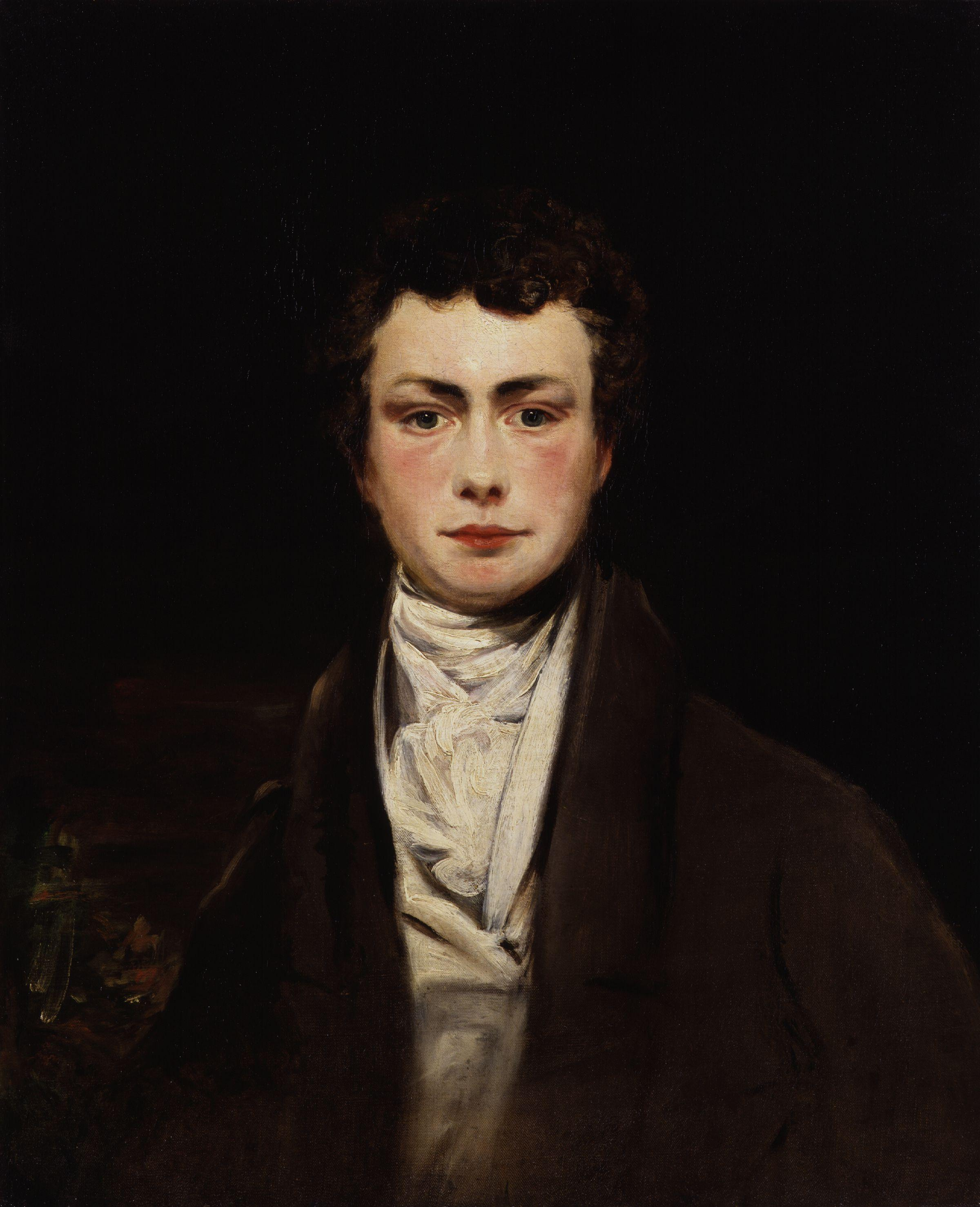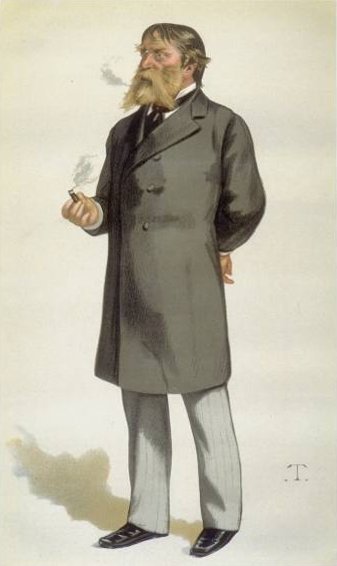|
1841 In Poetry
Nationality words link to articles with information on the nation's poetry or literature (for instance, Irish or France). Events *January – Elizabeth Barrett Browning is given her golden cocker spaniel "Flush" by writer Mary Russell Mitford. *July 20 – English "peasant poet" absconds from an asylum for the insane at High Beach in Essex and walks 90 miles (140 km) to his home at Northborough in the east midlands. In late December he is admitted to Northampton General Lunatic Asylum where he will spend the remaining 23 years of his life. * Victor Hugo is elected to the Académie Française, on his fifth attempt. Works published in English United Kingdom * Sarah Fuller Adams, ''Vivia Perpetua: A dramatic poem'' * Robert Browning, ''Pippa Passes'', verse drama * W. J. Fox, ''Hymns and Anthems'', 150 numbered hymns without music, 13 by Sarah Fuller Adams, including "Nearer, my God, to thee"; anthology * Thomas Moore, ''The Poetical Works of Thomas Moore'', in 10 volum ... [...More Info...] [...Related Items...] OR: [Wikipedia] [Google] [Baidu] |
Robert Browning
Robert Browning (7 May 1812 – 12 December 1889) was an English poet and playwright whose dramatic monologues put him high among the Victorian poets. He was noted for irony, characterization, dark humour, social commentary, historical settings and challenging vocabulary and syntax. His early long poems ''Pauline'' (1833) and ''Paracelsus'' (1835) were acclaimed, but his reputation dwindled for a time – his 1840 poem ''Sordello'' was seen as wilfully obscure – and took over a decade to recover, by which time he had moved from Shelleyan forms to a more personal style. In 1846 he married fellow poet Elizabeth Barrett and moved to Italy. By her death in 1861 he had published the collection ''Men and Women'' (1855). His ''Dramatis Personae'' (1864) and book-length epic poem ''The Ring and the Book'' (1868–1869) made him a leading poet. By his death in 1889 he was seen as a sage and philosopher-poet who had fed into Victorian social and political discourse. Societies for ... [...More Info...] [...Related Items...] OR: [Wikipedia] [Google] [Baidu] |
Thomas Moore
Thomas Moore (28 May 1779 – 25 February 1852) was an Irish writer, poet, and lyricist celebrated for his ''Irish Melodies''. Their setting of English-language verse to old Irish tunes marked the transition in popular Irish culture from Irish to English. Politically, Moore was recognised in England as a press, or " squib", writer for the aristocratic Whigs; in Ireland he was accounted a Catholic patriot. Married to a Protestant actress and hailed as "Anacreon Moore" after the classical Greek composer of drinking songs and erotic verse, Moore did not profess religious piety. Yet in the controversies that surrounded Catholic Emancipation, Moore was seen to defend the tradition of the Church in Ireland against both evangelising Protestants and uncompromising lay Catholics. Longer prose works reveal more radical sympathies. The ''Life and Death of Lord Edward Fitzgerald'' depicts the United Irish leader as a martyr in the cause of democratic reform. Complementing Maria Edgewort ... [...More Info...] [...Related Items...] OR: [Wikipedia] [Google] [Baidu] |
James Russell Lowell
James Russell Lowell (; February 22, 1819 – August 12, 1891) was an American Romantic poet, critic, editor, and diplomat. He is associated with the fireside poets, a group of New England writers who were among the first American poets that rivaled the popularity of British poets. These writers usually used conventional forms and meters in their poetry, making them suitable for families entertaining at their fireside. Lowell graduated from Harvard College in 1838, despite his reputation as a troublemaker, and went on to earn a law degree from Harvard Law School. He published his first collection of poetry in 1841 and married Maria White in 1844. The couple had several children, though only one survived past childhood. He became involved in the movement to abolish slavery, with Lowell using poetry to express his anti-slavery views and taking a job in Philadelphia, Pennsylvania, as the editor of an abolitionist newspaper. After moving back to Cambridge, Lowell was one of the f ... [...More Info...] [...Related Items...] OR: [Wikipedia] [Google] [Baidu] |
The Wreck Of The Hesperus
"The Wreck of the Hesperus" is a narrative poem by American poet Henry Wadsworth Longfellow, first published in ''Ballads and Other Poems'' in 1842. It is a story that presents the tragic consequences of a skipper's pride. On an ill-fated voyage in winter, he brings his daughter aboard ship for company. The skipper ignores the advice of one of his experienced men, who fears that a hurricane is approaching. When the storm arrives, the skipper ties his daughter to the mast to prevent her from being swept overboard. She calls out to her dying father as she hears the surf beating on the shore, then prays to Christ to calm the seas. The ship crashes onto the reef of Norman's Woe and sinks; the next morning a horrified fisherman finds the daughter's body, still tied to the mast and drifting in the surf. The poem ends with a prayer that all be spared such a fate "on the reef of Norman's Woe." The poem was published in the ''New World'', edited by Park Benjamin, which appeared on Januar ... [...More Info...] [...Related Items...] OR: [Wikipedia] [Google] [Baidu] |
Henry Wadsworth Longfellow
Henry Wadsworth Longfellow (February 27, 1807 – March 24, 1882) was an American poet and educator. His original works include "Paul Revere's Ride", ''The Song of Hiawatha'', and ''Evangeline''. He was the first American to completely translate Dante Alighieri's ''Divine Comedy'' and was one of the fireside poets from New England. Longfellow was born in Portland, Maine, which was then still part of Massachusetts. He graduated from Bowdoin College and became a professor there and, later, at Harvard College after studying in Europe. His first major poetry collections were ''Voices of the Night'' (1839) and ''Ballads and Other Poems'' (1841). He retired from teaching in 1854 to focus on his writing, and he lived the remainder of his life in the Revolutionary War headquarters of George Washington in Cambridge, Massachusetts. His first wife, Mary Potter, died in 1835 after a miscarriage. His second wife, Frances Appleton, died in 1861 after sustaining burns when her dress caught ... [...More Info...] [...Related Items...] OR: [Wikipedia] [Google] [Baidu] |
1842 In Poetry
Nationality words link to articles with information on the nation's poetry or literature (for instance, Irish or France). Events Works published in English United Kingdom * Robert Browning, ''Dramatic Lyrics'', including "My Last Duchess", "The Pied Piper of Hamelin" and "Soliloquy of the Spanish Cloister"; the author's first collection of shorter poems (reprinted, with some revisions and omissions in ''Poems'' 1849; see also ''Bells and Pomegranates'' 1841, reprinted each year from 1843–1846) * Thomas Campbell, ''The Pilgrim of Glencoe, with Other Poems'' * Frederick William Faber, ''The Styrian Lake, and Other Poems'' * J. O. Halliwell-Phillipps, ''The Nursery Rhymes of England'', anthology * Leigh Hunt, ''The Palfrey'' * Thomas Babington Macaulay, ''Lays of Ancient Rome'', including "Horatius" * Robert Montgomery, ''Luther'' * Alfred Tennyson, ''Poems'', including "Locksley Hall", "Morte d'Arthur", "Ulysses", "Lady Clara Vere de Vere", "The Two Voices", "The Vision o ... [...More Info...] [...Related Items...] OR: [Wikipedia] [Google] [Baidu] |
Charles Follen
Charles (Karl) Theodor Christian Friedrich Follen (September 6, 1796 – January 13, 1840) was a Germans, German poet and patriot, who later moved to the United States and became the first professor of German language, German at Harvard University, a Unitarianism, Unitarian minister, and a radical Abolitionism in the United States, abolitionist. He was fired by Harvard for his abolitionist statements. Life in Europe Karl Theodor Christian Friedrich Follen was born at Romrod, in Landgraviate of Hesse-Darmstadt, Hesse-Darmstadt (present-day Germany), to Christoph Follenius (1759–1833) and Rosine Follenius (1766–1799). His father was a counselor-at-law and judge in Giessen, in Hesse-Darmstadt. His mother had retired to Romrod to avoid the French revolutionary troops that had occupied Giessen. He was the brother of August Ludwig Follen and Paul Follen, and the uncle of the biologist Carl Vogt. He was educated at the preparatory school at Giessen, where he distinguished himself fo ... [...More Info...] [...Related Items...] OR: [Wikipedia] [Google] [Baidu] |
William Davis Gallagher
William Davis Gallagher (August 21, 1808 – June 27, 1894) was an American journalist and poet. Biography Davis was born on August 21, 1808, in Philadelphia, Pennsylvania. He later moved with his family to Mount Healthy, Ohio after the death of his father, a refugee from Ireland who had fled after the Irish Rebellion of 1803. He worked as an editor for various newspapers and in later years became famous for poetry. In 1841, Davis compiled ''Selections from the Poetical Literature of the West'', one of the earliest American regional poetry anthologies; it included poems by 38 writers in the West, including Gallagher's own very popular poem, "Miami Woods".Burt, Daniel S.''The Chronology of American Literature: : America's literary achievements from the colonial era to modern times'' Houghton Mifflin Harcourt, 2004, , retrieved via Google Books His poetry is available in numerous anthology, anthologies. He died in 1894. References * http://www.answers.com/topic/william-davi ... [...More Info...] [...Related Items...] OR: [Wikipedia] [Google] [Baidu] |






.jpg)
